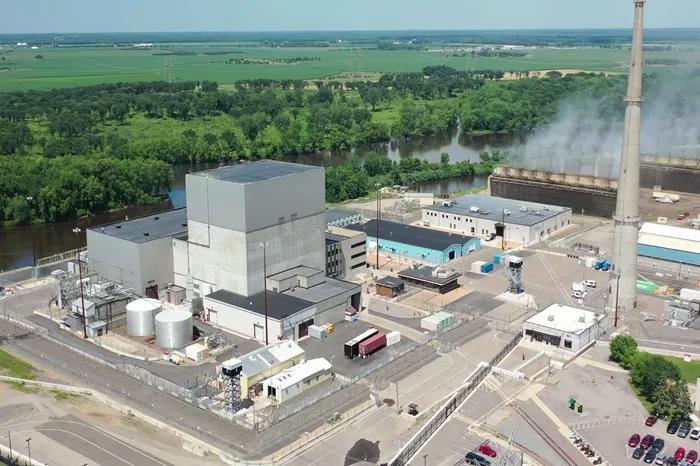The Monticello Nuclear Generating Plant in Minnesota has secured a 20-year extension to its operating license. This decision ensures the plant will continue providing clean, reliable energy to the Upper Midwest, supplying power to over 500,000 homes each year. According to Bob Frenzel, CEO of Xcel Energy, the plant is a key part of the company’s strategy to meet the growing demand for electricity while advancing toward a clean energy future.
The plant, which began operating in 1971, houses a single General Electric BWR-3 reactor capable of producing 671 MW of electricity. The reactor’s original operating license was set to expire in 2010, but in 2006, it was renewed, allowing operations to continue until at least 2030. Monticello is the largest employer and taxpayer in the city of Monticello, according to Xcel Energy.
Renewal Process Involves Extensive Inspections
The renewal of the Monticello plant’s license follows a thorough review process by the Nuclear Regulatory Commission (NRC). This multi-year inspection included audits of the plant’s safety, environmental impact, and overall operational standards. The NRC confirmed that the plant met or exceeded all required standards.
Xcel Energy plans to seek additional approval from state regulators to extend the plant’s operating license for another 20 years, matching the federal approval. The company has already received approval from the Minnesota Public Utilities Commission (PUC) to extend operations through 2040 and will later return to seek permission for the final 10 years of the extension.
Tritium Leak Leads to Small Fine
In late 2023, Xcel Energy faced a $14,000 fine related to a tritium leak at Monticello. The fine was not for the leak itself but for the company’s failure to secure a permit before pumping contaminated groundwater into a temporary storage tank. The Minnesota Pollution Control Agency (MPCA) levied the fine, and it remains the only penalty related to the leak, according to agency spokesman Stephen Mikkelson.
The leak, which was discovered in March 2023, followed an earlier spill of about 400,000 gallons of tritium-laced water in November 2022. After identifying the source of the leak in late 2022, Xcel Energy quickly implemented a temporary solution to capture the leaking water and redirect it back into the plant. This measure was designed to prevent further contamination until a permanent fix could be made during a planned refueling outage in April.
What Is Tritium and Its Impact?
Tritium, a radioactive form of hydrogen, is a common by-product of nuclear power generation. It emits weak beta radiation, which does not travel far and cannot penetrate human skin. According to the NRC, although tritium spills occasionally occur, they generally pose little to no risk to public health and safety. A person exposed to tritium through drinking water from a spill would receive only a low dose.

